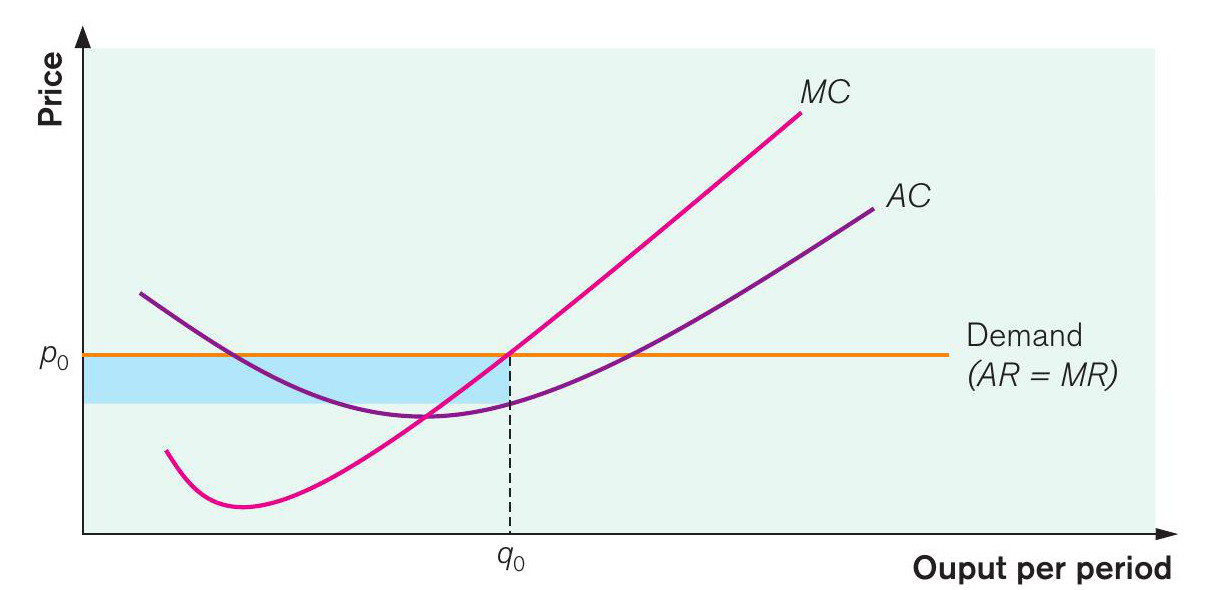
The assumption that firms aim to maximise profits has underpinned the theory of the firm, but not without controversy. Criticisms of the assumption are based on various arguments. Some have argued that firms do not have the information needed for them to maximise profits. However, this does not mean that they do not set out to do so. More importantly, it has been suggested that firms may have other objectives in some market situations or with some forms of business organisation.
The question of what firms aim to achieve is crucial if, as economists, we want to explain their decision-making behaviour. Only by making assumptions about what firms set out to do can we analyse those decisions and their ramifications for the way that markets perform. The question under consideration in this column focuses on this key part of economic theory.
Your organisation does not have access to this article.
Sign up today to give your students the edge they need to achieve their best grades with subject expertise
Subscribe




